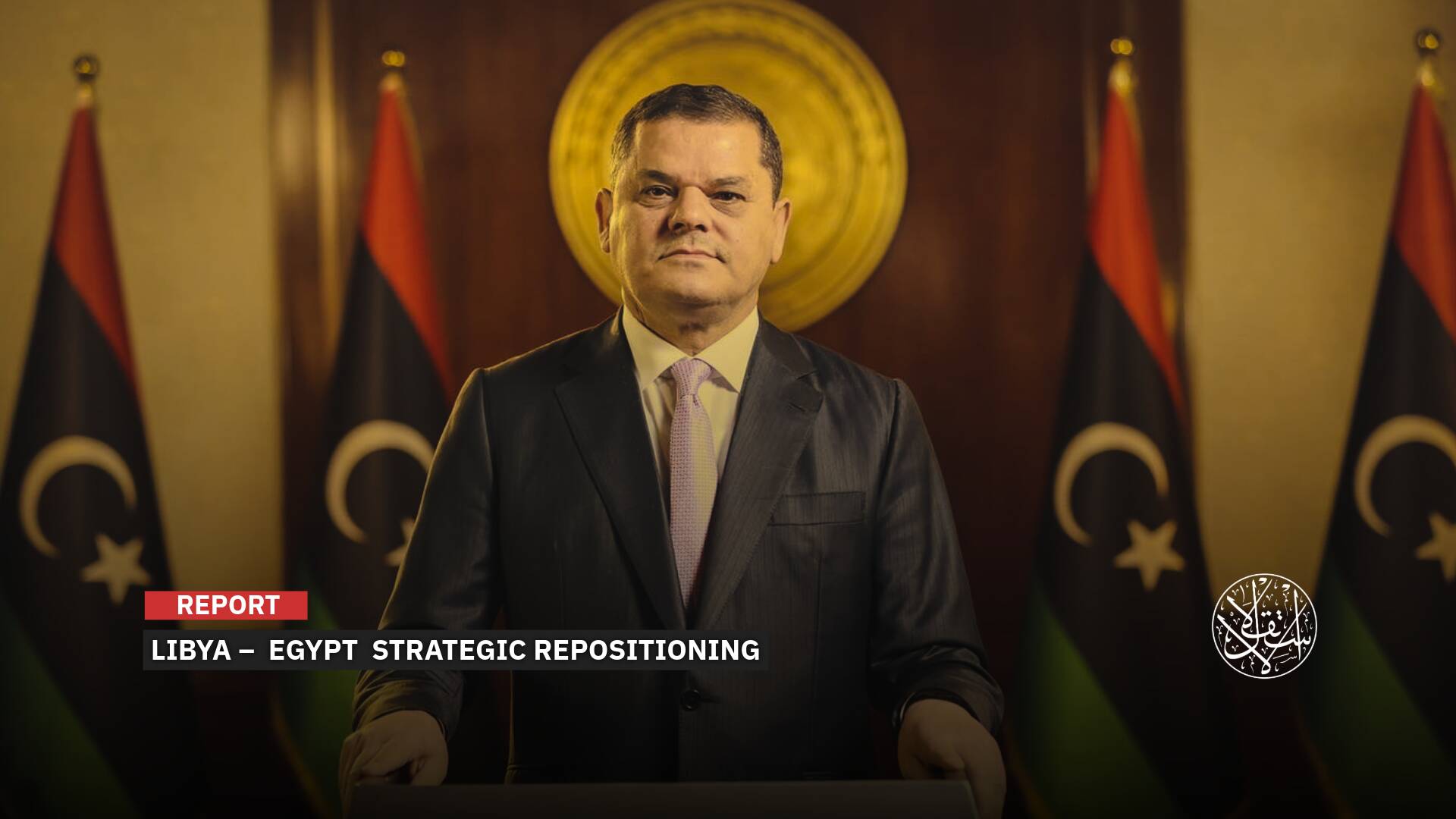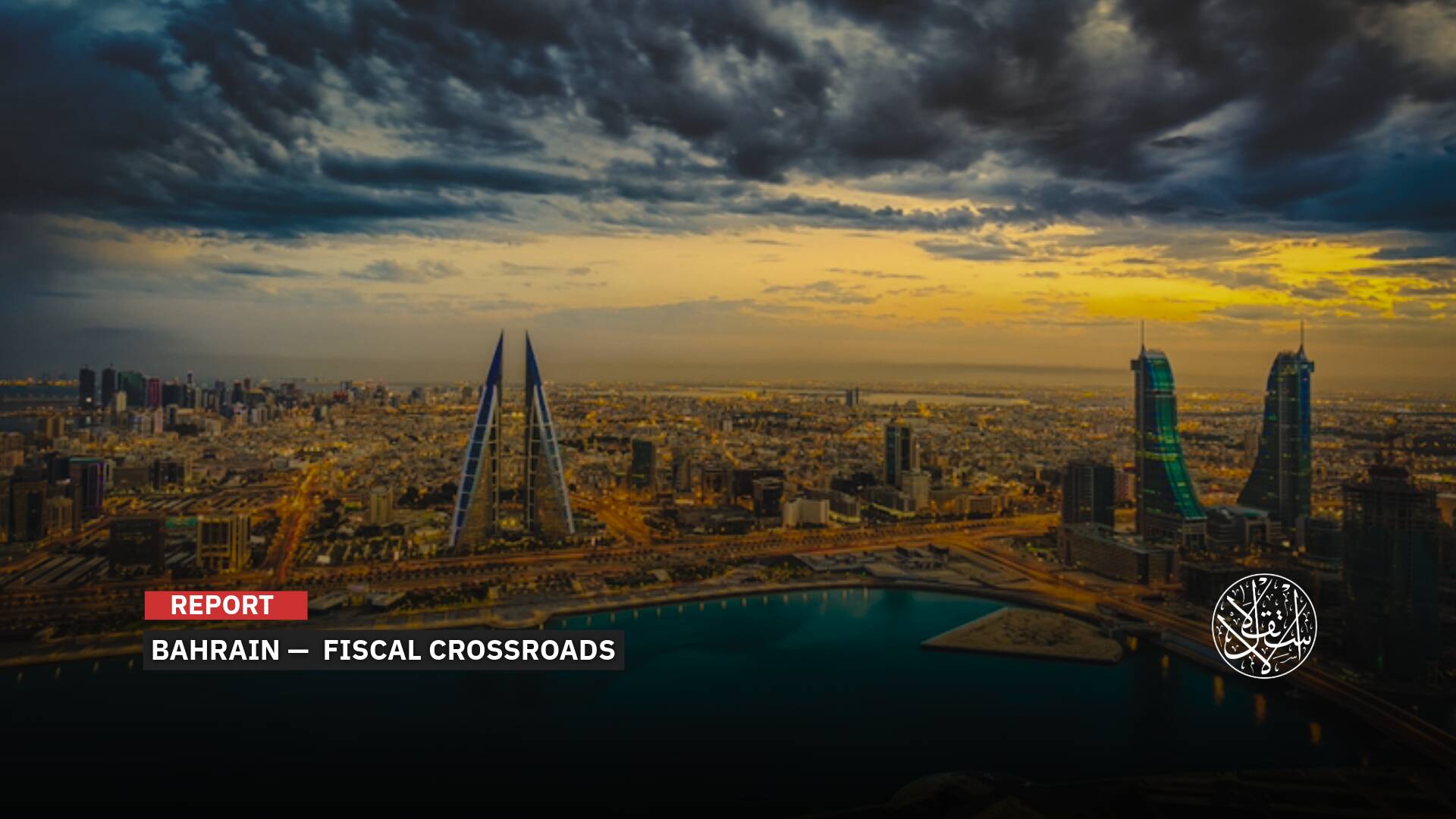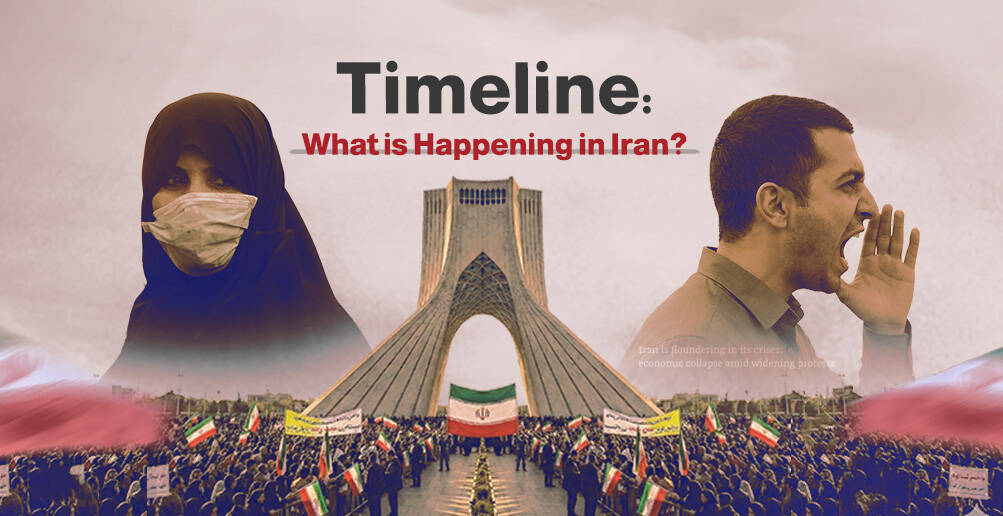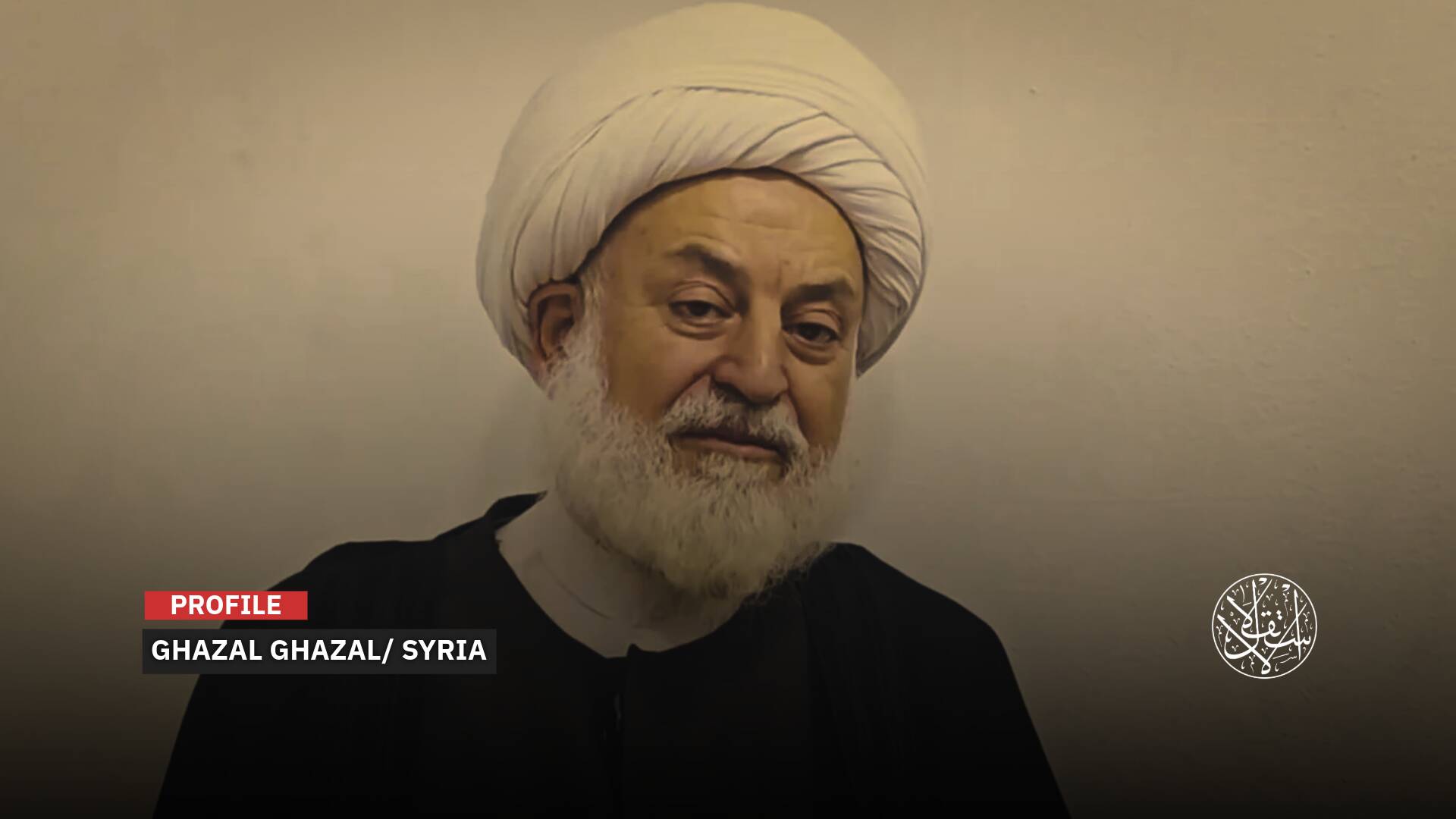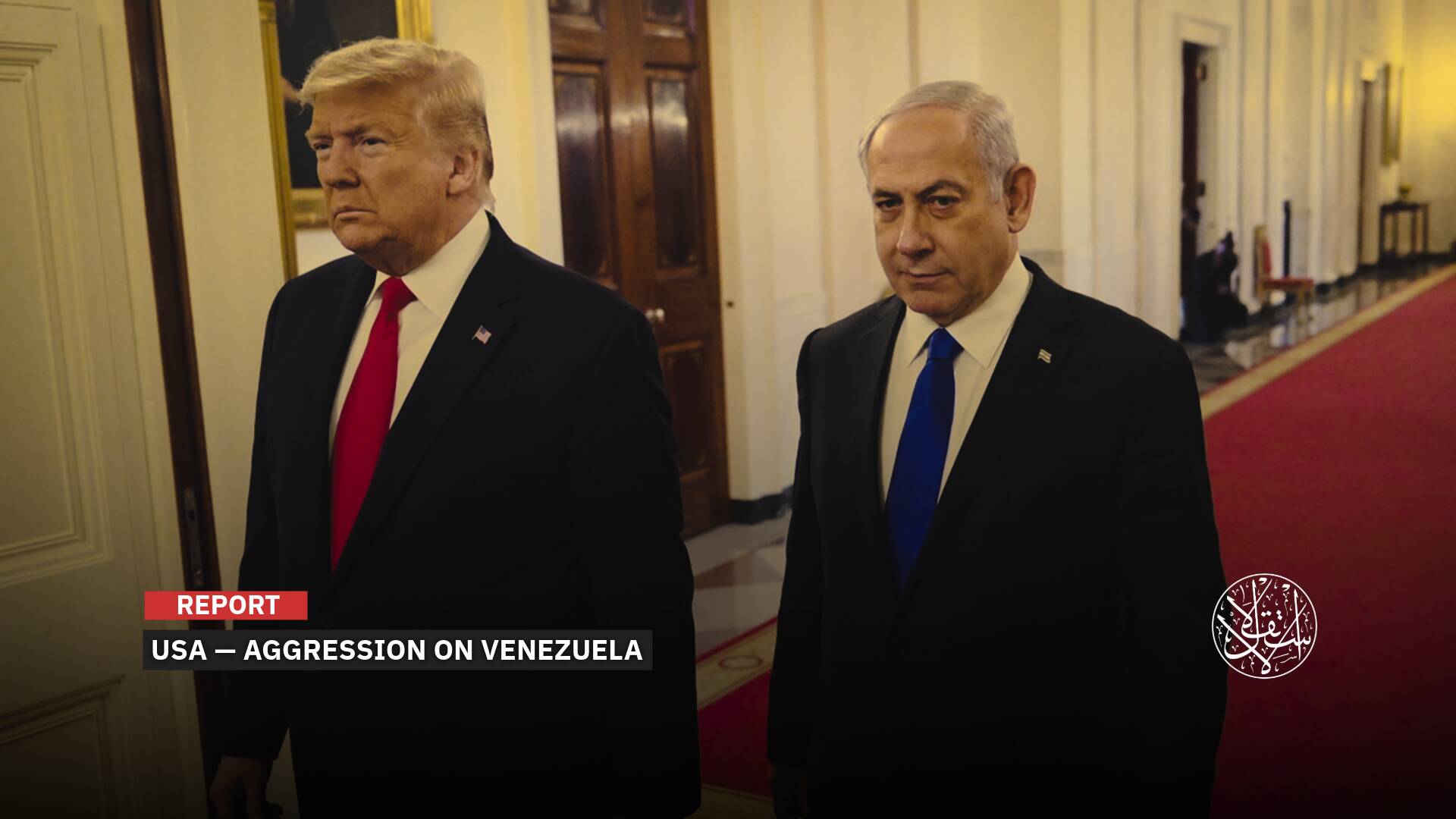A Shocking American Poll on the Path of Public Normalization of Arab Countries With 'Israel'

An American institute conducted an opinion poll, which revealed a significant decline in the percentage of support for normalization accords with the Israeli Occupation in a number of Gulf countries compared to two years ago.
The poll conducted by The Washington Institute (TWE) for Near East Policy, which was established by the American Israel Public Affairs Committee (AIPAC) in 1985, sparked a wide interaction on social media. Tweeters said that these results express the real Arab peoples' positions on normalization with the Israeli Occupation.
The Abraham Accords was born on September 15, 2020, through the mediation of former US President Donald Trump, as then Israeli Prime Minister Benjamin Netanyahu reached an understanding to normalize relations with the UAE and Bahrain, and later with Sudan and Morocco; while there is no accord with Saudi Arabia to date, in light of the efforts of the Israeli Occupation to establish relations between the two parties.
Egypt was the first Arab country to establish diplomatic relations with the Israeli Occupation in 1979, then Jordan joined it and announced the normalization of its relations with its neighbor "Israel" in 1994.
Shocking Poll
A poll conducted by TWE last March and the results of which were published on July 15, 2022, showed that more than two-thirds of citizens in Bahrain, Saudi Arabia, and the UAE view the Abraham Accords unfavorably less than two years after they were signed.
According to the poll, the percentage of those who view the normalization accords with the Israeli Occupation positively ranged between 19% and 25% in Saudi Arabia, Bahrain, and the UAE.
As of March 2022, there has been a sharp decline among those who view Arab-Israeli normalization accords in a positive light.
In the UAE, only 25% expressed support for the accords, compared to 71% who viewed the accords in a negative or very negative angle.
In Bahrain, the figures were 20% in favor of normalization accords and 76% against them.
Despite there being no official relations between Saudi Arabia and the Israeli Occupation, there are secret relations between the two sides that have begun to appear in public recently.
In the period leading up to US President Joe Biden's visit to the Middle East, much was said about the possibility of Saudi Arabia taking public normalization measures with the Israeli Occupation, but special reasons forced Riyadh to secretly take some steps in the path of normalization with "Tel Aviv."
For example, Saudi Arabia's announcement of the opening of airspace to Israeli airlines, without referring to "Israel," as the news was deliberately published after midnight.
Israel Hayom newspaper commented that this step was done in secret because of the Saudi monarchy's fear of publicly declaring normalization with "Israel."
It is noteworthy that Saudi Arabia is a sponsor of the 2002 Arab Peace Initiative and a guardian of Islamic holy sites, and is still interested in its position in the Arab world, given the soft power, the broad influence that accompanies this position, and the importance of this on its internal stability.
In addition, the percentage of Saudis interested in establishing relations with Israelis in the field of business and sports is also declining. In the first poll, 37% of the targeted people agreed that such contacts should be allowed, while 61% opposed it, while in the current poll, only 38% of those who supported it.
In November 2020, the first poll data revealed that 41% of Saudis saw Abraham Accords as positive or very positive, compared to 54% who opposed them.
The current poll shows a sharp decline in the percentage of Saudi supporters of normalization accords with the Israeli Occupation, which amounted to only 19%, compared to 75% who oppose it.
Meanwhile, 47% of the respondents in the UAE saw normalization accords in a positive light, compared to 49% who opposed them. In Bahrain, 45% believed that the accords were positive, while 51% opposed them, meaning that the percentage was equal to a slight majority of those opposed to those accords.
In countries where the Abraham Accords were initially unpopular, those attitudes have hardened. The number of Lebanese who view normalization as extremely negative increased from 41% in November 2020 to 66% last March, while support for normalization in Egypt decreased from about a quarter to 13%.

In turn, the Emirati regime imposed a complete blackout on the results of the poll, which shocked it about the public normalization with "Israel" and embarrassed the inconsistency of the policies of its alliances with the popular Emirati position.
According to the Emirates Leaks website, the Abu Dhabi authorities issued strict instructions to the local media not to address in any way the results of an opinion poll, and to withhold any news about it, as well as publishing counter reports and talking about the positive impact of normalization, especially the benefits of economic cooperation with "Israel."
The figures in the poll testify to a widespread belief that ordinary Arabs do not support their leaders in establishing relations with "Israel."
The Abraham Accords may have succeeded in creating a limited support base in the countries that have normalized relations with "Israel," but it has completely failed to bring about a fundamental change in Arab public opinion, and even that limited base is now evaporating.
Analysts believe that "the Arab-Israeli normalization accords give the Occupation the green light to implement its expansion plans and swallow more lands, especially the Jordan Valley, in addition, destroy the two-state solution, and end the Arab initiative: land for peace."
Commenting on the poll, writer and political analyst Saleh al-Naami said: "The results of the poll represent a true expression of the attitudes of the nation's peoples toward the Zionist entity, and it will not help the regimes to indulge in falsifying reality."
In turn, Palestinian professor Walid Amer indicated in a tweet on Twitter that "the Israeli Occupation was telling the settlers that the future is theirs and that Arabs are like a stamp on their fingers. However, this was nothing more than an illusion and a self-deception after the shocking poll results."
An opinion poll in the Gulf states reveals: sharp decline in the percentage of supporters of the "Abraham Accords"
— Prof. Walid Amer (@DrWalidAmer1) July 19, 2022
Israel’s attempt to tell its settlers that the future is theirs, & that Arabs are a stamp on their fingers is nothing more than an illusion and self-deception.
Counter Campaign
Activists and social media pioneers from various Arab countries launched a broad campaign on Twitter on July 14, 2022, against normalization with the Israeli Occupation, coinciding with US President Joe Biden's visit to the Middle East and amid new prospects of rapprochement between more of its countries and the Occupation entity, which was opened by the Jeddah Summit, which ended its work on July 16, 2022.
During the campaign, several tweets emerged from Saudi accounts in which they affirmed the kingdom's refusal to normalize the relations with the Israeli Occupation and considered it a betrayal of religion and sanctities.
Kuwaiti activists also published clips of popular Kuwaiti movements against normalization and in support of Palestinian riot rights.
Many activists from various Arab countries, including Iraq, the Gulf states, the Maghreb, and Egypt, tweeted, stressing that normalization does not express the conscience of the Arab peoples, who will remain refusing to establish relations with the Israeli Occupation at the expense of Palestinian rights.
#SaudiArabia #Israel #US : Online hashtag campaign #مليونية_ضد_التطبيع being launched by those opposed to further normalisation between Arab countries & Israel - especially Saudi Arabia as #Biden heads there after visiting Israel & Palestinian Territories pic.twitter.com/gSMFhv1fB6
— sebastian usher (@sebusher) July 14, 2022
In light of the development of relations between some Arab countries and the Israeli Occupation, 27 civil society organizations in Kuwait renewed on July 16, 2022, their total rejection of normalization with the Israeli Occupation and their affirmation of support for the Palestinian people in their struggle to liberate all their occupied lands.
Several days ago, political forces in Kuwait announced their rejection of any attempt to drag the country into any Middle Eastern alliance aimed at tightening the grip of Israeli-American hegemony in the region.
It is noteworthy that the Emirati-Bahraini normalization with the Israeli Occupation was preceded by two waves of normalization. The first wave was represented by the Camp David Accords between Egypt and the Israeli Occupation in 1979, and the second wave occurred in the 1990s, through the Oslo Accords in 1993 and the Jordan-Israeli Peace Treaty in 1994.
Observers considered the Emirati-Bahraini normalization to be one of the most dangerous waves of normalization ever because the first and second waves started from the principle of land for peace, but the third wave started from the principle of peace for nothing, or peace in exchange for strength, as Netanyahu called it.

Deal of the Century
The deal that was being promoted under the slogan "Deal of the Century" has faded away a lot, with the absence of Trump and Netanyahu from the scene, and may even end as an Israeli-American dream with the administration of new President Joe Biden, being not so enthusiastic about supporting it.
This was evident with the Biden administration freezing indefinitely the Abraham Fund, which was announced after the signing of the normalization Accords to finance various projects worth billions of dollars, and large financial institutions turned to it with the aim of participating in the investment.
The fund aimed, through a US-Israeli-Emirati partnership, to provide more than $3 billion to enhance economic cooperation, encourage prosperity in the Middle East, and stimulate more countries to join the normalization accords.
Abraham Accords suffered a severe blow with the outbreak of the Gaza war in May 2021, with the crystallization of unprecedented sympathy from the American Democrats with the Palestinians and sharp criticism of the Israeli Occupation, which put the printing states in a difficult position before their peoples, and affirmed the priority of the Palestinian issue to the Arab and Islamic peoples, and revealed the propaganda of the normalization countries that marketed normalization as a prelude to a new era of peace, religious tolerance and security in the region.
On the other hand, observers saw that "the delay in Saudi Arabia's accession to the Abraham Accords, the reluctance of the Sultanate of Oman, the rejection of Qatar and Kuwait, and the existing tension in the Palestinian territories, made the accords a difficult test during its second year in a row.

It is noteworthy that independent opinion polls have confirmed that Arabs do not support normalization with "Israel," and even in 2020, most opinion polls showed that the majority of Arabs view normalization negatively.
On its part, an opinion poll conducted by the Arab Center for Research and Policy Studies in October 2020 showed the existence of unequivocal Arab opposition to normalization.
The poll, which was conducted in 13 Arab countries with the participation of 28,000 respondents, showed that 88% of Arabs reject the idea of recognizing "Israel."
Sources
- Arab Public Opinion on Arab-Israeli Normalization and Abraham Accords
- Drop in support for 'Israel' normalization among Gulf Arabs following Abraham Accords
- Extensive interaction with a million campaign against normalization with the participation of Gulf nationals [Arabic]
- The Emirati regime imposes a blackout on the results of a shocking poll on normalization [Arabic]
- A second year of normalization between the Gulf and 'Israel', economic gains and political losses [Arabic]
- Poll: Growing minority in Gulf countries approve of informal ties with Israelis


